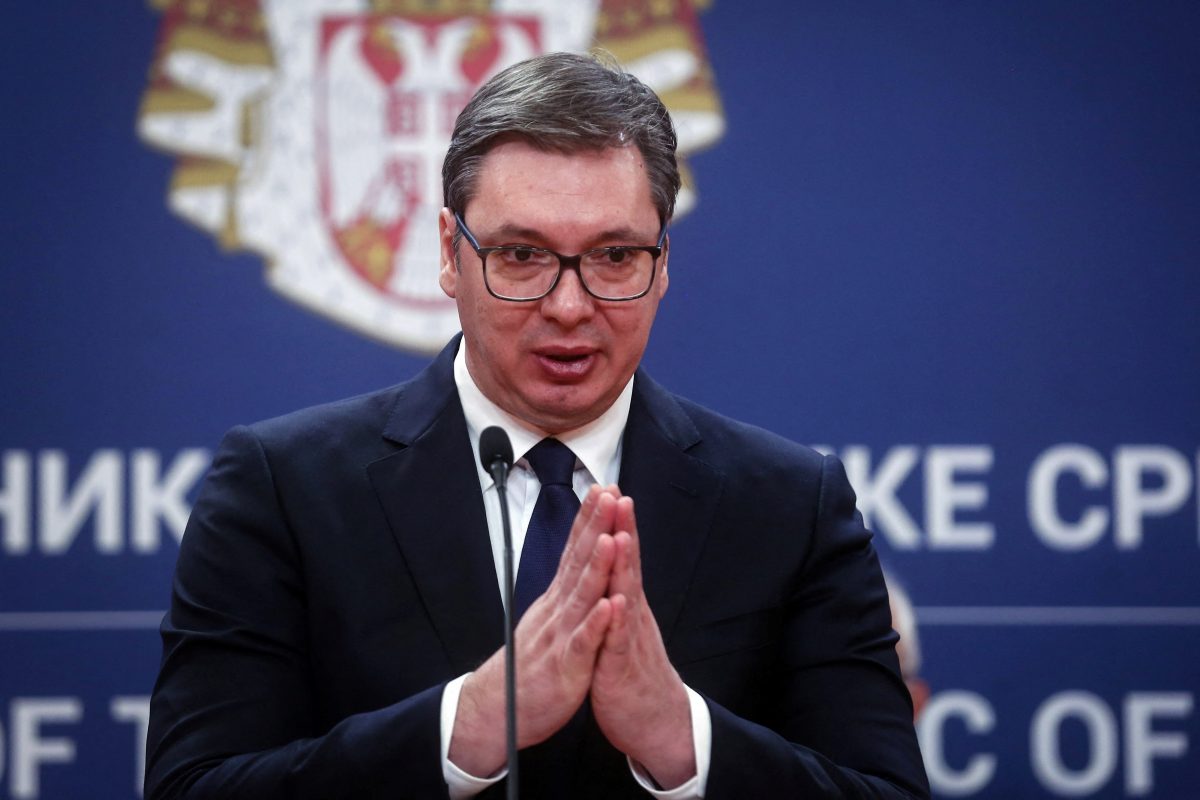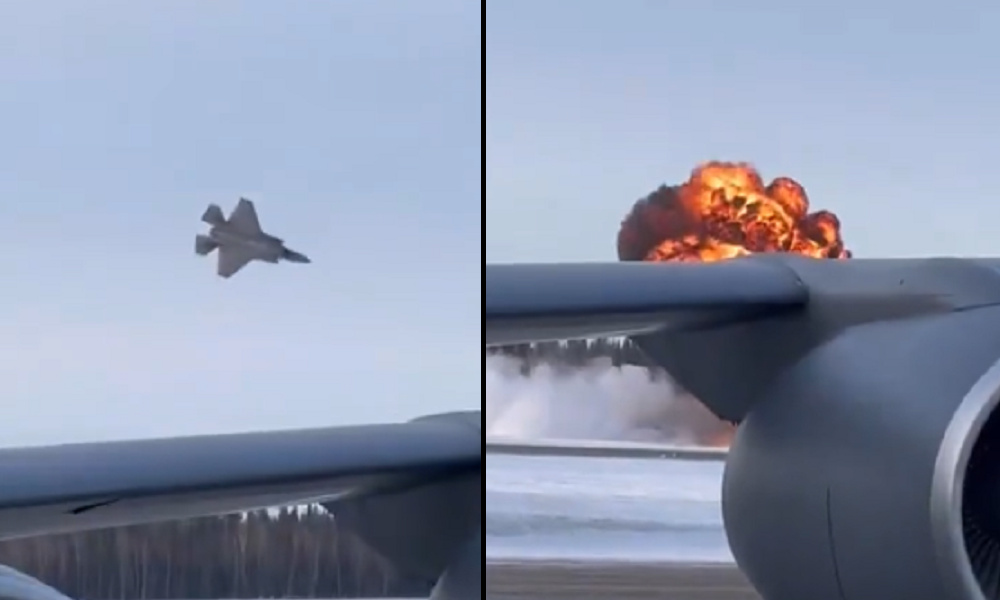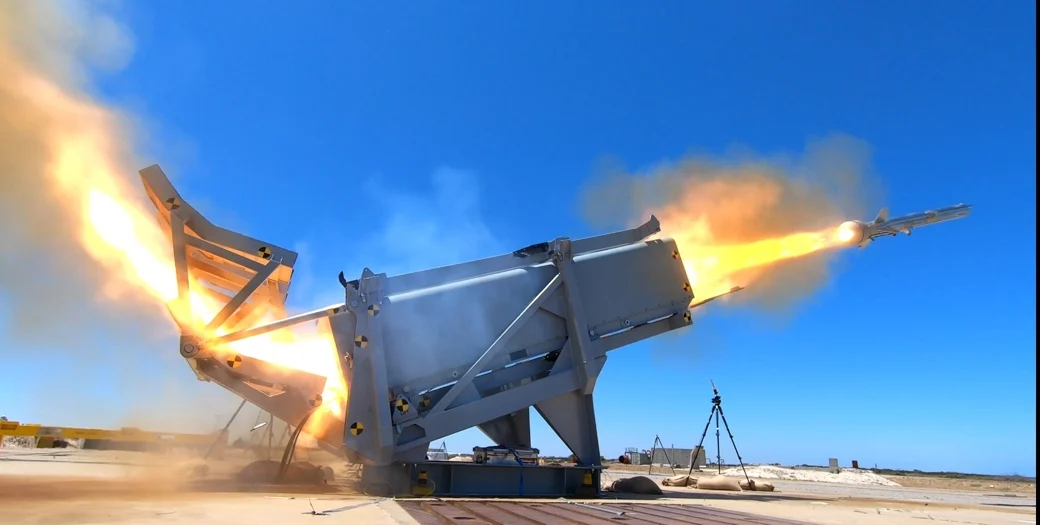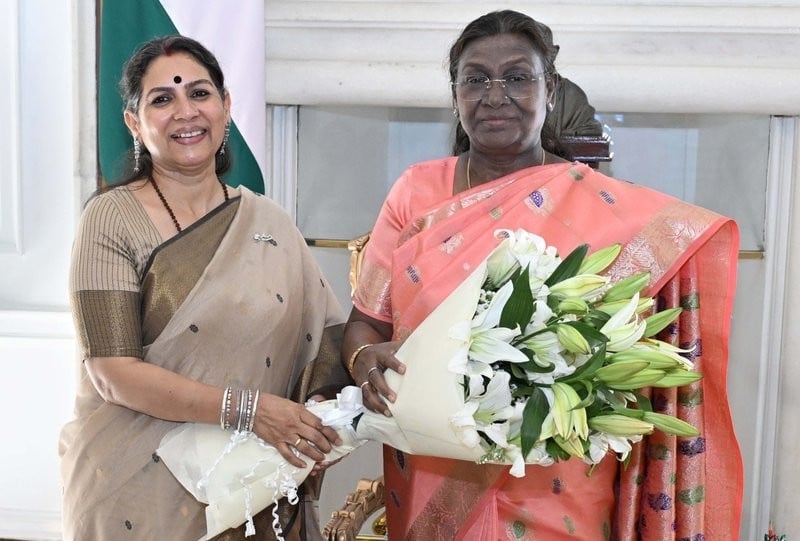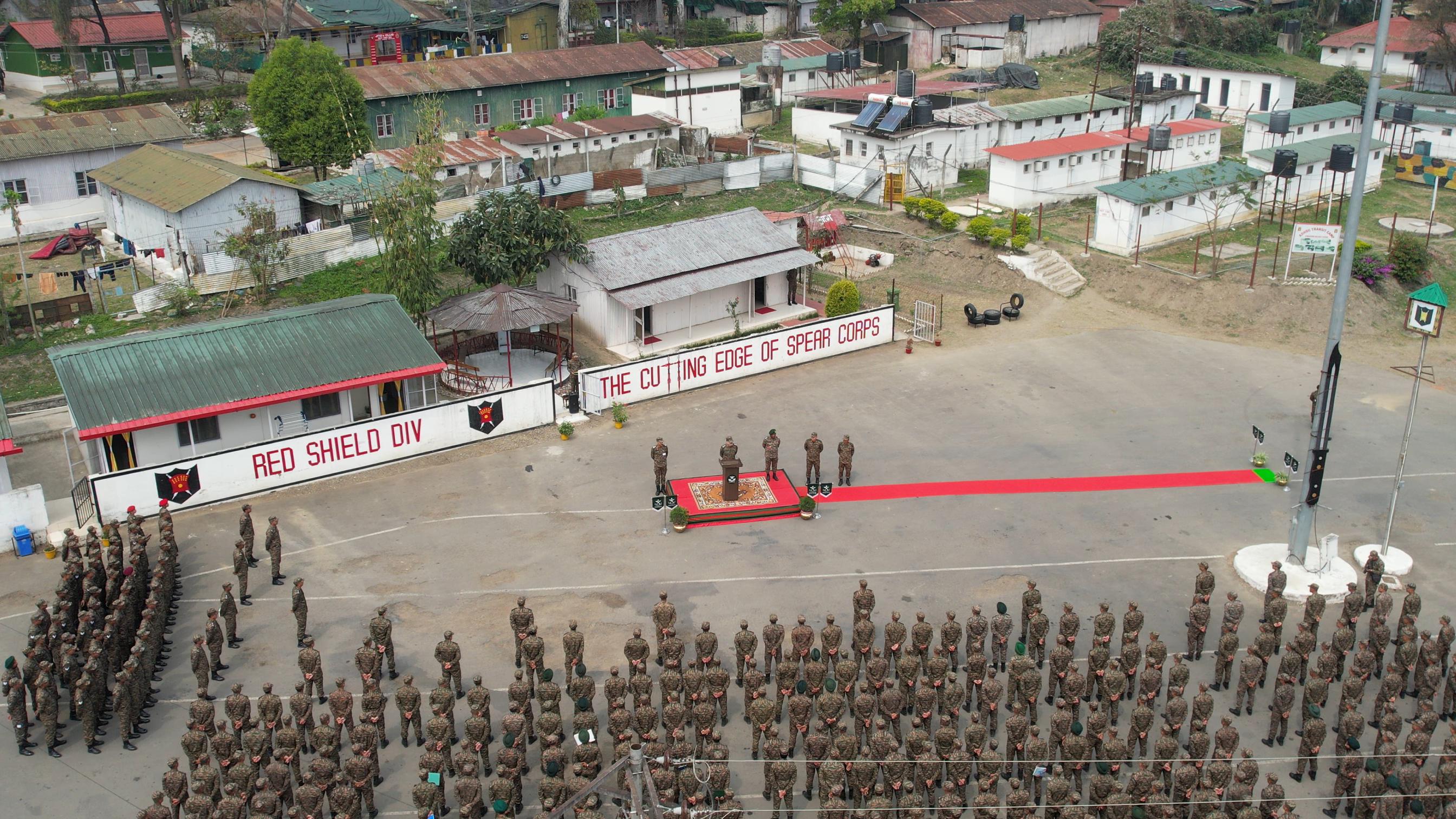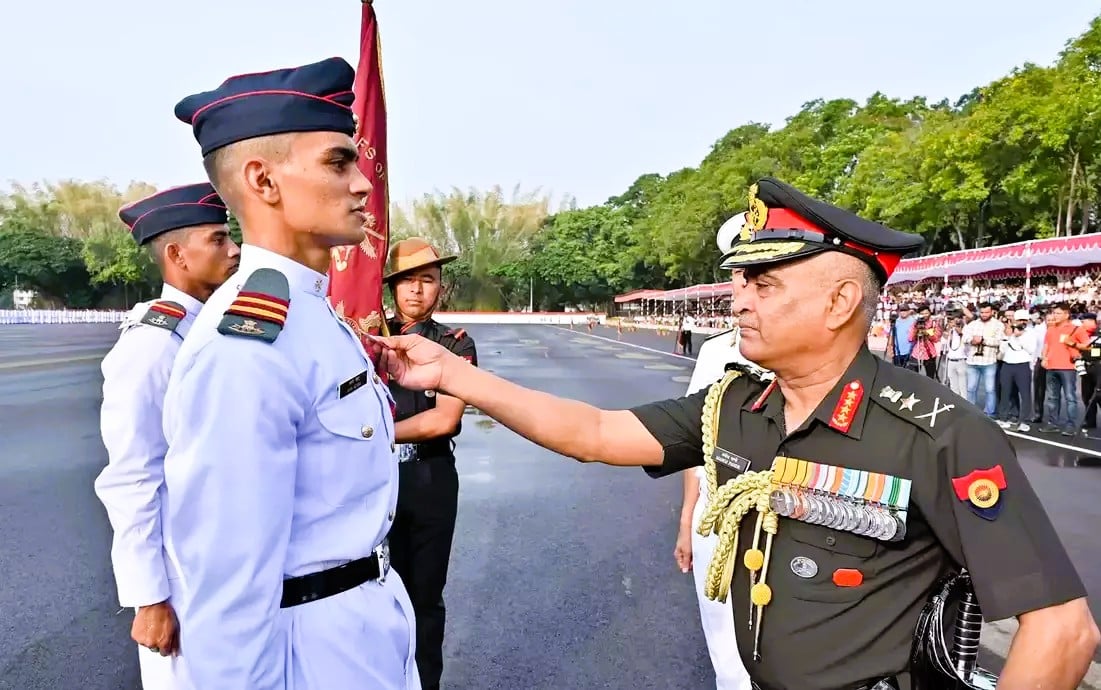Serbian President Aleksandar Vucic has firmly rejected accusations that Belgrade orchestrated a recent attack on Kosovo’s infrastructure, attributing responsibility for the incident to Kosovo itself, which he claims mounted a “hybrid attack” against Serbia.
The incident occurred late on Friday in the vicinity of Zubin Potok, a town in northern Kosovo primarily populated by ethnic Serbs. The explosion caused significant damage to a canal that supplies water to hundreds of thousands and affects the cooling systems of two critical coal-fired power plants responsible for the majority of Kosovo’s electricity.
In immediate response, Kosovar Prime Minister Albin Kurti described the blast as a “terrorist attack” and accused Serbia of masterminding the assault. However, Vucic countered these claims in a national address on Sunday, calling the allegations an attempt by Kosovo to justify what he characterized as a large-scale, aggressive hybrid assault on Serbia.
The Serbian government’s Kosovo office highlighted concerns that the incident allowed the Pristina government to crack down on ethnic Serbs living in Kosovo. Vucic emphasized that Serbia had no involvement in the event, adding that authorities in Belgrade had initiated their own investigation into the attack without naming any particular suspects or states.
The explosion has intensified the already high tensions between the two countries, with both sides exchanging accusations. Petar Petkovic, head of the Serbian government’s Kosovo office, suggested that the attack provided Kurti with an opportunity to further his agenda against ethnic Serbs in northern Kosovo. “What happened in the village of Varage gave Kurti an alibi to continue the attacks in the north of Kosovo… and to advance the policy of expulsion of the Serb people,” Petkovic stated.
In light of the attack, Kosovo’s government has implemented measures to enhance security for critical infrastructure. Police and security forces are now conducting additional patrols, with the Security Council approving further protective measures around facilities including bridges, transformer stations, and canals. The government has also stated its commitment to bolstering cooperation with international organizations to prevent future incidents.
Following the explosion, several suspects were arrested by Kosovar authorities. Police chief Gazmend Hoxha reported that his office seized significant military-grade equipment, including 200 military uniforms, six grenade launchers, two rifles, a pistol, masks, and knives during the operation.
The longstanding animosity between Serbia and Kosovo, which has an ethnic Albanian majority, dates back to the late 1990s. Tension has remained high since Kosovo declared independence in 2008, a move that Serbia has consistently refused to recognize. Kurti’s administration has been working to dismantle a parallel system in Kosovo that benefits ethnic Serbs and is backed by Belgrade, further exacerbating tensions.
This recent attack follows a wave of violence in northern Kosovo, including an earlier incident involving the throwing of hand grenades at a local council building and police station. With parliamentary elections scheduled for February 9, the political landscape remains charged and unpredictable.

